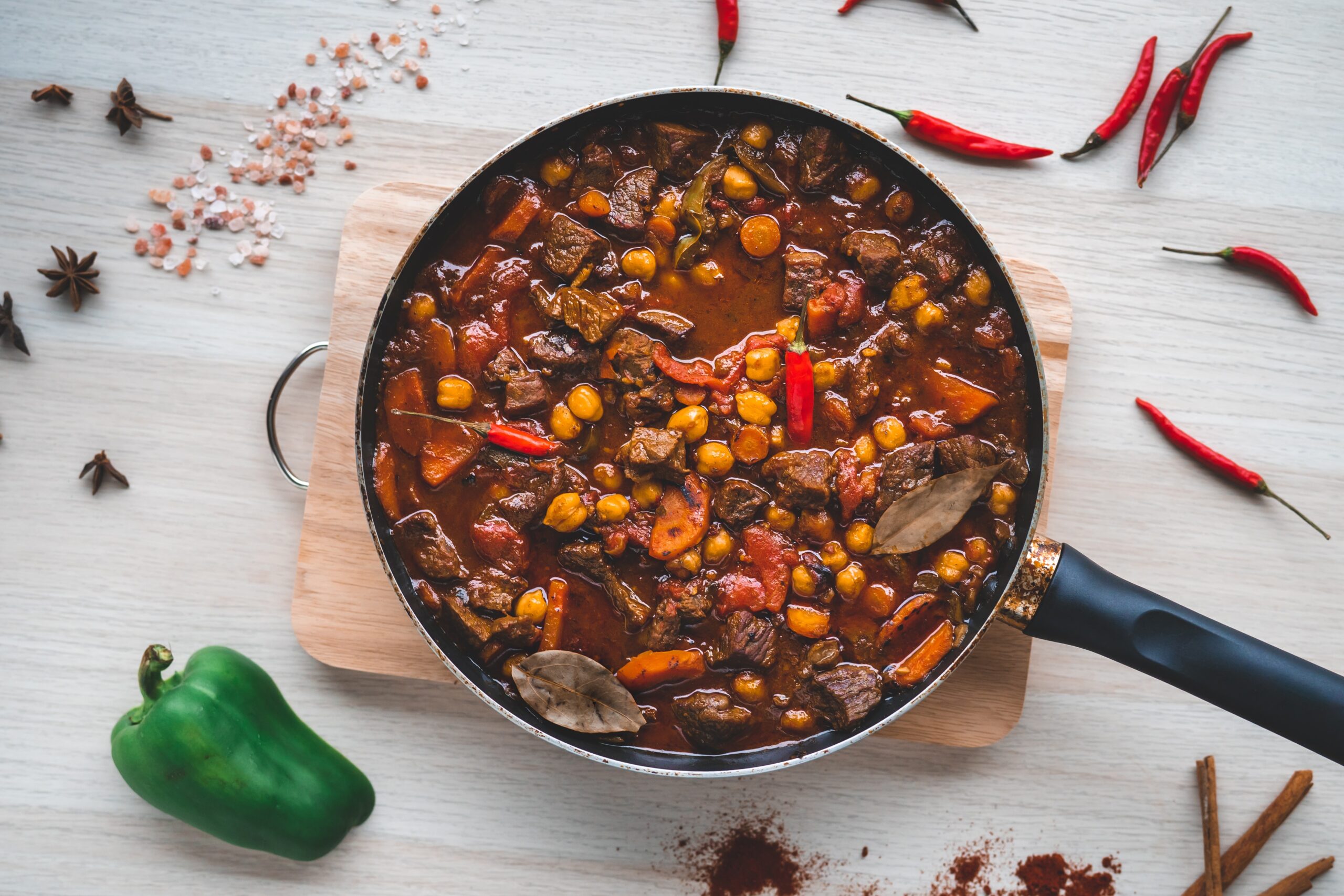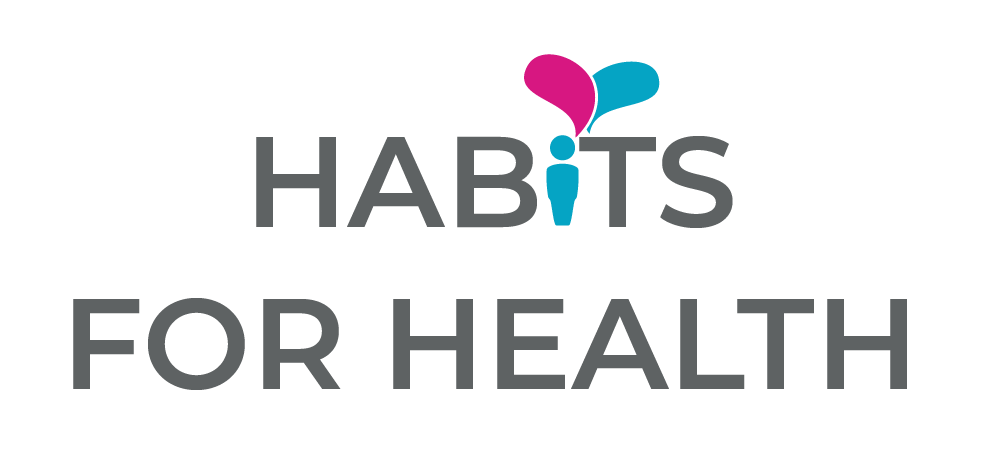Protein, it’s everywhere! From supermarket shelves lined with protein-packed snacks to fitness enthusiasts advocating its benefits, protein has undoubtedly become the buzzword of the moment. But with so much hype, it’s easy to feel confused. Common questions that we often get asked are:
Do we really need to consume more protein? Why is it so important? How much protein do I need daily?
Why Is Knowing How Much Protein I Need Important?
Protein is one of the three macronutrients (alongside carbohydrates and fats) that your body needs to function. More than just a trendy food label, protein plays a vital role in:
Protein is made up of building blocks called amino acids, and your body requires 20 different amino acids to form a complete protein. Without enough protein in your diet, these essential processes can’t happen at their best.
Determining Your Daily Intake
The answer to how much protein do I need depends on various factors like your age, gender, weight, fitness levels, and personal health goals. Your needs might also change during key life stages, such as pregnancy or as you age.
That said, as a general guideline, most people require about 0.8g of protein per kilogram of body weight each day.
It's important to note that your body cannot store protein. Any excess protein you consume is converted into glucose/energy or stored as fat.

Are We Getting Enough Protein in the UK?
Most people in the UK are already consuming more than enough protein in their diets. However, a common issue lies elsewhere fibre intake is falling behind. Many of us are not consuming the recommended amount of fibre, so while we might be doing well on protein, it’s worth taking a closer look at the other nutrients in your meals.
Where Can We Find Protein?
Protein can come from both animal and plant-based sources, offering flexibility based on dietary preferences and needs.
Animal-Based Protein Sources
Animal proteins are naturally closer in structure to our body’s own protein, making them slightly easier for us to utilise.
Animal-Based Protein Sources
Both animal and plant proteins are broken down in the body in the exact same way, what’s most important is a balanced and varied diet!
A Balanced Diet Is Key
While protein is essential and has numerous benefits, don’t be swayed by the message that “more is better.” Everyone’s protein needs are different, so there’s no need to overload unnecessarily. Remember, a healthy diet isn’t just about one macronutrient, it’s about balance.
Habits for Health delves into the roles of micronutrients like protein, carbs, and fats. You’ll learn not only how to identify the right balance for your needs but also how focusing on nutrient upgrades can elevate your nutrition habits and boost your energy levels.
So the next time you’re at the supermarket and spot a tempting “high-protein” snack, pause and ask yourself: Does my diet already include enough protein? Could I benefit more from a fibre-rich option instead?
Understanding what works for your body is far more important than following trends. Whether you’re eating animal protein, plant-based options, or a mix of both, nourishing your body with the right amount of protein is what truly matters.
For more information on fibre intake, you might like to visit our blog here
